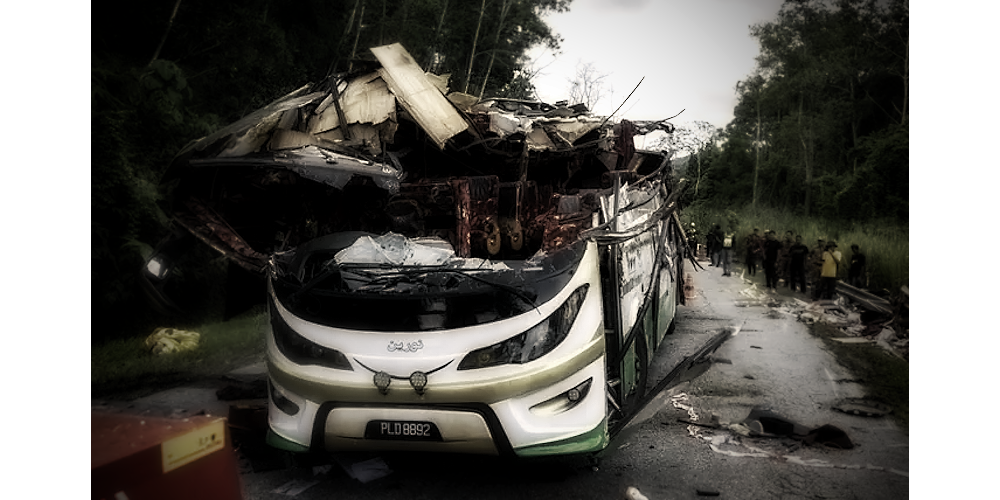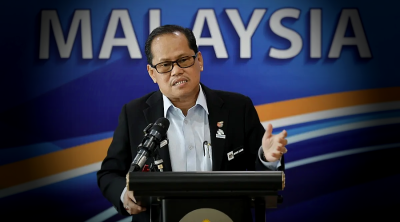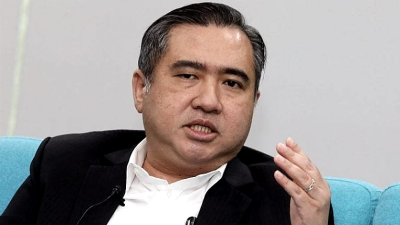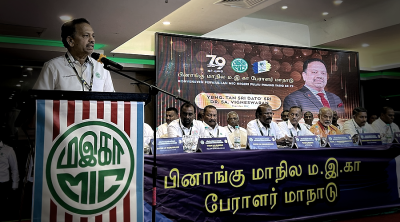
Our sympathies go out to the families of the people killed in the Gerik bus crash which claimed the lives of 15 university students.
After every major crash, an investigation is conducted, with the police, Road Transport Department and other relevant agencies. Remedial actions would have been proposed.
Despite the recommendations, the frequency and fatality of accidents continue. So, were these remedial actions actually implemented and rigorously enforced?
Malaysians continue to ask, “How many more investigations, tragedies, deaths, emotional trauma, economic and social upheaval, disruption to individuals, families and communities plus the rebuilding of lives, are needed, before these major crashes stop recurring?
Successive ministers of transport and IGPs have failed to stem the increase of traffic accidents and fatalities.
Instead, they have given various reasons for the decline in road safety.
Some of these are valid, such as the increase in vehicles and vehicle users.
The investigation from each accident would have highlighted several issues, and looked into several factors such as skills and retraining, condition of buses, summonses, traffic violations.
In the past, one factor was that the public transport sector had difficulty engaging drivers, and encountered problems offering attractive salaries and a basic wage for drivers.
At the same time, road users are continually exposed to dangerous stretches of roads, or specific sections of the road that are awaiting the much needed necessary repair.
However, no amount of modern technology or the latest innovation can compensate for human error.
A number of past accidents have involved drivers who are fatigued and fell asleep at the wheel. Tiredness kills and the only effective cure is to sleep.
Tiredness reduces the driver’s reaction time, his alertness, concentration, decision making and all crucial driving skills.
No one suddenly falls asleep without experiencing the symptoms of tiredness first.
Remedial measures such as winding down the window, switching on the radio, drinking coffee are only temporary cures.
One must ask the question, why was the driver feeling tired? Some drivers have admitted to doing long shifts to earn enough money.
Others have other jobs, as well as driving, so that they earn a decent monthly wage.
We also have drivers who have tested positive for drugs and alcohol. Some drivers take drugs just to keep awake.
How about the company? Were they so short staffed that all drivers were made to work extra shifts?
Bus drivers on routes that cover a certain mileage must take a prescribed number of breaks and have longer rest periods. Do bus companies adhere to stringent safety measures?
What is the point of passing laws or remedial preventive measures if these are not strictly enforced?
Because of the impact of these safety measures, do the companies find it too costly to employ more drivers to maintain the same level of service? Was the bulk of the long-distance driving done by a small band of core drivers? Were the drivers of the right caliber and qualifications?
In the Gerik bus tragedy, passengers were thrown out of the vehicle. Is seat belt use in buses compulsory?
As a press conference, Transport Minister Anthony Loke said that his ministry would provide a database of all bus drivers providing public transportation.
This he said, would enable individuals with “previous records” to be blacklisted.
His idea was to prevent bus operators from hiring errant drivers who could have been sacked by another company for poor driving.
These ideas which are often suggested after every major car accident, are only enforced for a short period of time.
Things then slide back to “normal” or until the next balik kampong rush, or when a minister pays a visit to some RTD department or stretch or road as part of some publicity stunt or another, and the facade of enforcement is acted out, again.
Don’t just punish the errant bus driver. Companies should also be made responsible.
Poor wages and working conditions have a contributory factor. The company’s vehicles need to be roadworthy and pass stringent tests.
Company directors should also be made to face the music should things go wrong. High standards should be set and a zero tolerance towards accidents implemented.
When I use the motorway, I still see buses speeding, overtaking dangerously and have lights that are not working.
So where are the highway policemen to monitor or apprehend these law-breakers?
Maybe it is time the ministers who are in charge of ensuring road safety on our roads admit they have failed to meet their own targets of reducing road fatalities.
What is the point of passing laws or remedial preventive measures if these are not strictly enforced?
The stain on the reputation of the Ministry of Transport and the associated departments in charge of road safety is tremendous.
They have failed to make our roads safe. They have lost all credibility and our respect.
More importantly, do ministers, traffic enforcers and the related agencies, have the political will to make road safety a priority?

(Mariam Mokhtar is a Freelance Writer.)
ADVERTISEMENT
ADVERTISEMENT








































